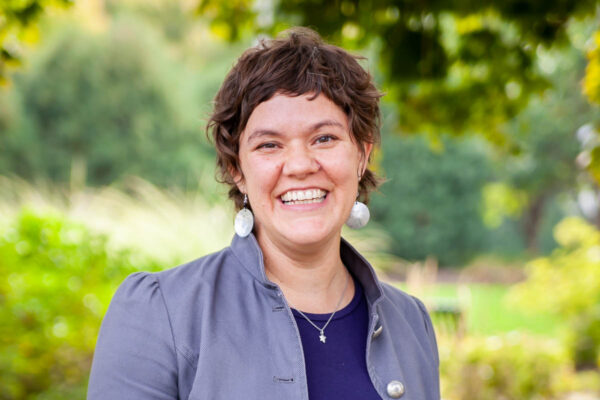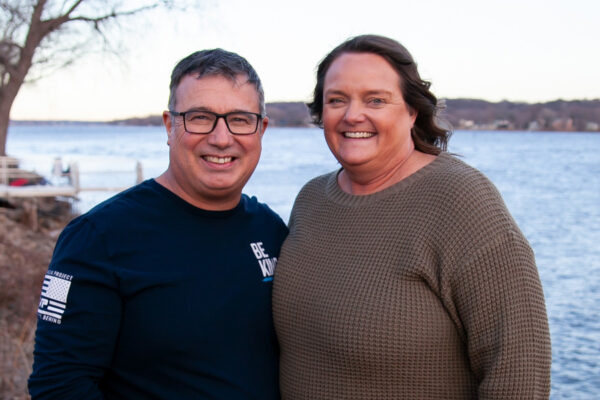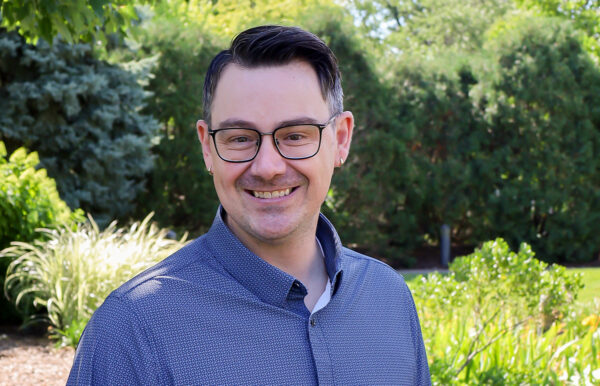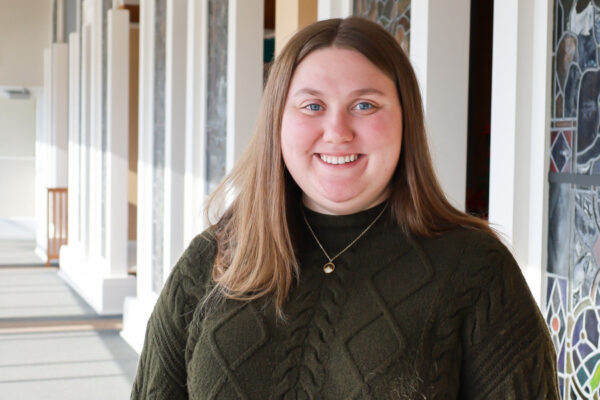Confidence
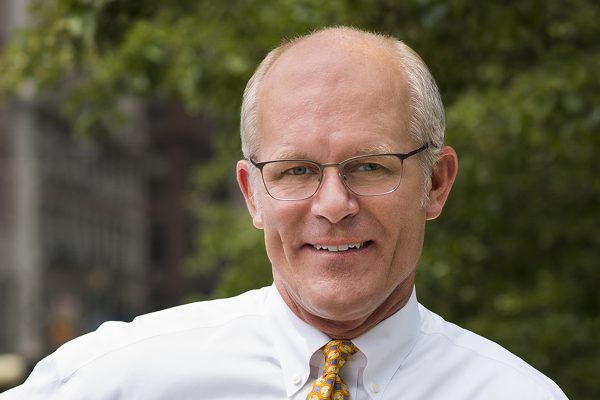
If you were to step into the kitchen right now and bake a cake from scratch, how would you rate your skill as a baker? What about your coordination for catching a ball? Or your talent for dancing? How would you evaluate the level of your compassion? Do you think you’re like 90 percent of all drivers on the road who rate their driving as “above average?”
Researchers tell us that we systematically exaggerate many of our capabilities, but that we also systematically underestimate other ones. We have both superior and inferior illusions about our skill sets. I probably think I am better at tennis than I really am. But I think I’m worse at shuffling a deck of cards than may actually be true. In other words, we have a tough time evaluating ourselves. Underconfidence is hardly a virtue; overconfidence can be disgusting.
It turns out that we tend to be overconfident with respect to skills that reflect our personality or character. We’re also likely to be overconfident with tasks we think are easy, just as we tend to be underconfident with tasks we perceive to be hard. Experience definitely plays a role. Inexperience causes us to underestimate. Gaining experience often allows our confidence to increase faster than our actual skill would support.
How do we make honest sense of what we’re good at and not so good at in our lives?
That’s a great question. It helps to have others in the game, others in our lives whom we can trust for honesty. Good friends offer this sort of insight. Family members who know us well can help (and sometime hurt) us find equilibrium between under- and overconfidence. But there’s one other place to gain perspective. It’s called faith, best expressed in a congregation of people that constantly wrestles with such dilemmas.
By faith, we learn to humble ourselves in the sight of the Lord. Or, at least that’s supposed to be the Christian project for life. By faith, we get to remember how precious we are when our self-worth is in the garbage. From these efforts we learn to extrapolate and grow other capacities and sensitivities. It doesn’t just take friends to help us accurately estimate ourselves. It also takes the church and all that the church submits itself to and listens to when it comes to the remarkable word of scripture.
None of this should surprise you. The very word confidence comes from the Latin con fide, meaning “together with faith.” We have this tool called FAITH to turn to when we’re inclined to inflate or deflate that confidence we all need.

